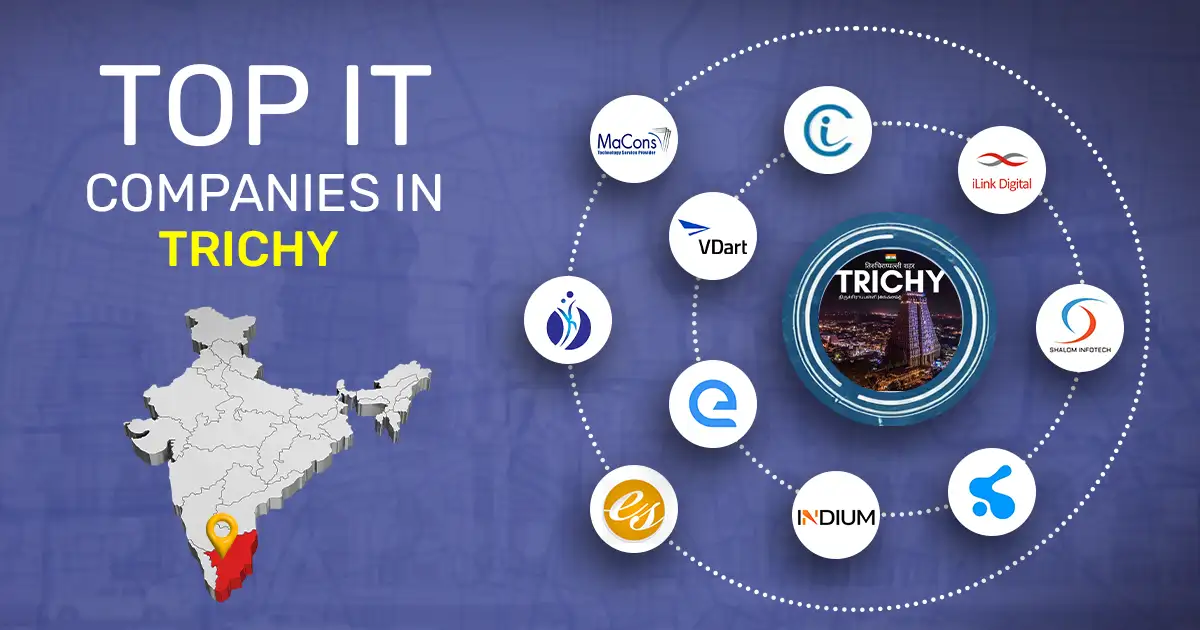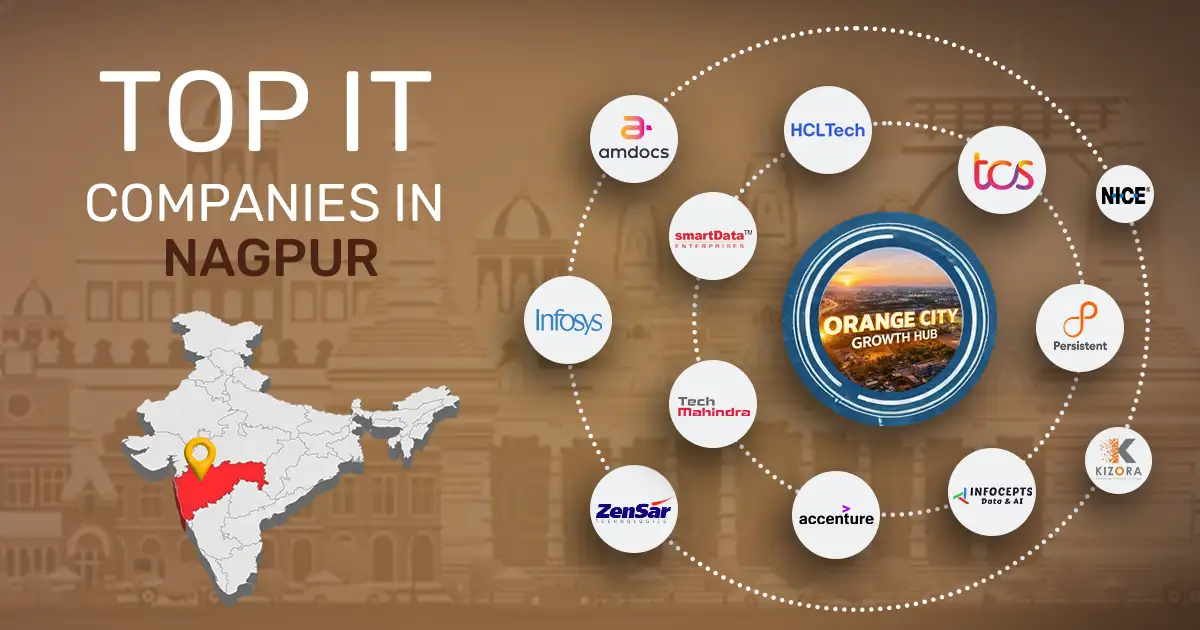
All the necessities of life are provided by financial institutions. They affect not just people but also corporations and governments. The most reliable financial institutions for all financial requirements are non-bank financial Companies (NBFCs) and banks. But what distinguishes them from one another or what ties them together?
Non-Banking Financial Companies (NBFCs) and banks are two separate types of financial institutions with quite different business models and operating under somewhat different rules. A company that conducts similar banking operations without a banking licence is known as a non-bank financial company, or NBFC. A bank is a financial entity that has been given government authorisation.
Banks use loans in addition to receiving deposits to give parties access to financial loans. While banks exclusively take deposits from customers and offer loans and other credit products, nonbank financial companies (NBFCs) offer credit lines and business loans to individuals and small enterprises.
Since so many diverse segments of society require various forms of financial assistance, another financial organisation—such as a non-banking financial corporation—is required. Thus, in this blog post, we will go into the details of what banking and non-banking financial organisations are and how they function by talking about their differences.
What does the term “Bank” mean?
Financial organisations known as banks take deposits from depositors and lend the money to borrowers at interest. The most common type of bank in the world is the commercial bank, which offers check writing, savings and current account services, and loan alternatives to those looking to borrow money for mortgages or small business loans. Banks are required to comply with strict government laws regarding their lending activities.
According to the Banking Companies (Regulations) Act of India, 1949, banking is defined as accepting deposits of public monies for lending and investment purposes that are otherwise repayable upon demand and withdrawable by cheque or draft.
An NBFC: What Is It?
Financial services are offered to the public by non-banking financial companies, or NBFCs. The Reserve Bank of India (RBI) regulates them and requires them to register with the RBI, per the Companies Act of 1956. NBFCs are authorised to do business in a certain manner by the RBI.
In general, non-bank financial companies (NBFCs) are not allowed to create bank accounts for the general public and are only permitted to receive fixed and recurring deposits. They are also forbidden from lending money to the general public, unless the loan is backed by gold or used to finance a certain kind of vehicle or piece of equipment. In addition, they are required to pay interest on deposits made by the public.
What Distinguishes NBFC from banks?
As long as they meet the prerequisites, borrowers now have more access to loans. The primary problem arises when choosing between banks and NBFCs. An RBI research on financial stability found that NBFCs are outperforming banks and have a 15% higher customer satisfaction rating.
There are several advantages and disadvantages between NBFC and banks. Here are some examples of the variations:
- The Companies Act of 1956 governs the registration of NBFCs, whereas banks are governed by the RBI-Banking Act, 1956.
- Unlike banks, NBFCs do not take demand deposits.
- Only banks are required to maintain their reserve ratio.
The following are some benefits an NBFC offers over banks:
- Quick loan approval procedure
- Adaptable terms and conditions
- Alluring attributes and advantages for both potential and current debtors
- Provides a selection of specialised loans and additional financial goods.
- Better assistance to customers
- Offers loans at reduced interest rates that are more affordable.
Now that you are aware of the increased potential of NBFCs, contact Registerkaro right now to easily meet all of your financial needs.
Differentiating Mortgage Interest Rates
Despite being created under the Companies’ Act of 1956, banks are directly supervised by the Reserve Bank of India and are subject to strict operational guidelines. The interest rate offered on loans approved by banks and NBFCs is directly impacted by this fundamental distinction. Consequently, it permits banks to charge variable interest rates on your house loan, which are based on the MCLR. In this instance, changes in RBI policy determine how much the rates caused by economic variables rise or fall. Thus, before applying for a house loan, make sure you understand every aspect that affects interest rates.
However, the interest rates on home loans set by NBFCs in accordance with the Prime Lending Rate are unrelated to the RBI. Since the lender has more discretion over interest rates in this situation, you may bargain with them to have a large amount approved at a low interest rate. Having a high credit score and meeting all the qualifying requirements are necessary, though.
Variations in terms of their flexibility
When it comes to the convenience they provide on your loan conditions, NBFCs occasionally outperform banks. When applying for a loan through an NBFC, you may skip the extensive documentation that banks need. Furthermore, lenders like Registerkaro make it simple for you to apply online for a home loan, and you may be able to do the same with other banks. Additionally, within 72 hours of filing your application, respectable NBFCs may get you a sanction of Rs. 5 crore for a 30-year tenor.
Variations in Eligibility Requirements
Your capacity to repay the loan, your income, your credit score, the city in which you live and work, and the projected value of the property you wish to buy are the criteria that determine whether or not your home loan will be granted. These are the key factors that have an impact on banks and NBFCs. The prerequisites for being eligible for a home loan vary depending on the financial organisation, though. The Home Loan Eligibility Calculator, for example, may be used to determine the qualifications for Registerkaro’s home loan. You will see that NBFCs have a reputation for having basic requirements, which makes the application process easy. Nevertheless, that might not apply to banks. For example, if your credit score is low, you might be able to qualify for a house loan from an NBFC even though the interest rate would be higher than typical.
Variations in the Time Needed for Processing
Banks and nonbank financial institutions adhere to meticulous protocols throughout loan processing, which encompass extensive verifications. In addition to having online application tools where you can even provide scanned copies of all the required papers, NBFC processing times are often faster than bank processing times. You usually obtain a sanction for an NBFC 72 hours after filing your application. You may thus immediately reserve your dream home.
Variations in Customer Support
The financial industry as a whole is driven by services. Banks and NBFCs are open 24 hours a day to process your loan requests. On occasion, nevertheless, NBFCs outperform banks in terms of devoted customer service. For example, you may monitor all loan details, payments, and expenses related to each authorised home loan using your online account. To help you comfortably manage your loan during its duration, you are also partnered with a customer relationship manager who answers any of your loan-related queries.
With this information at your disposal, you may find out about home loan interest rates, related costs, and loan terms in addition to benefits like EMI holidays and top-up loan offerings. Next, make use of eligibility and house loan EMI calculators to have a better understanding of your eligibility, potential borrowing amount, and repayment schedule.




